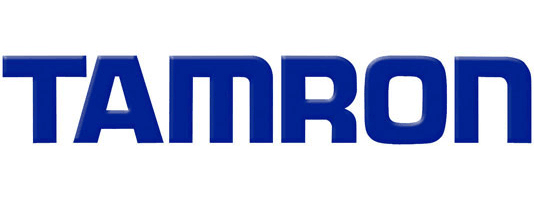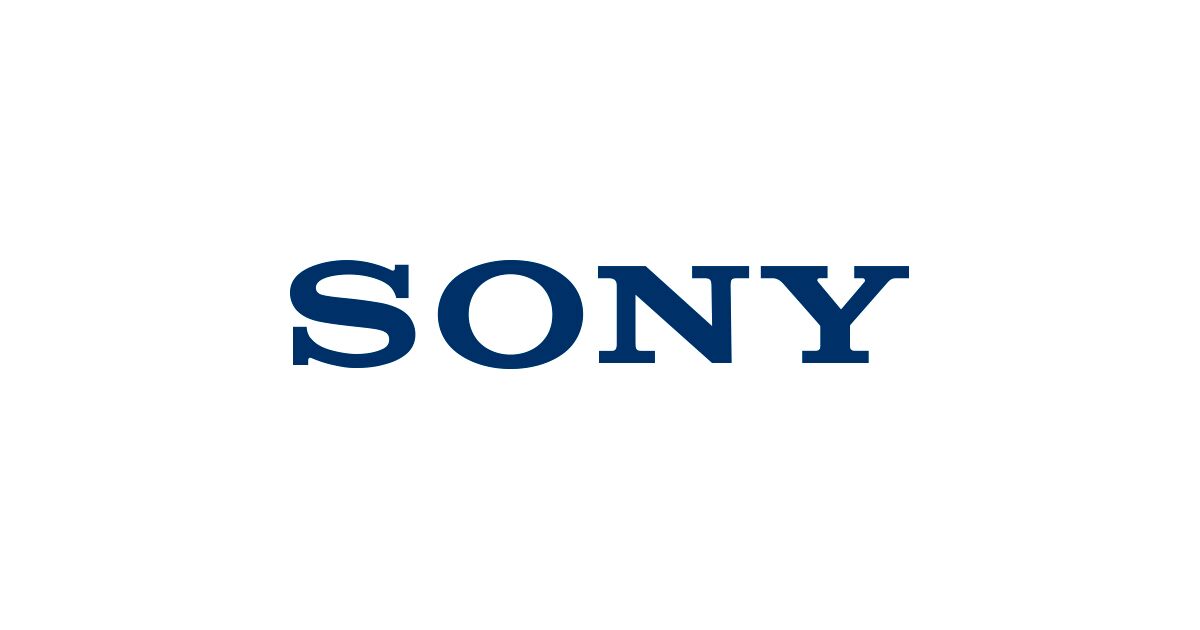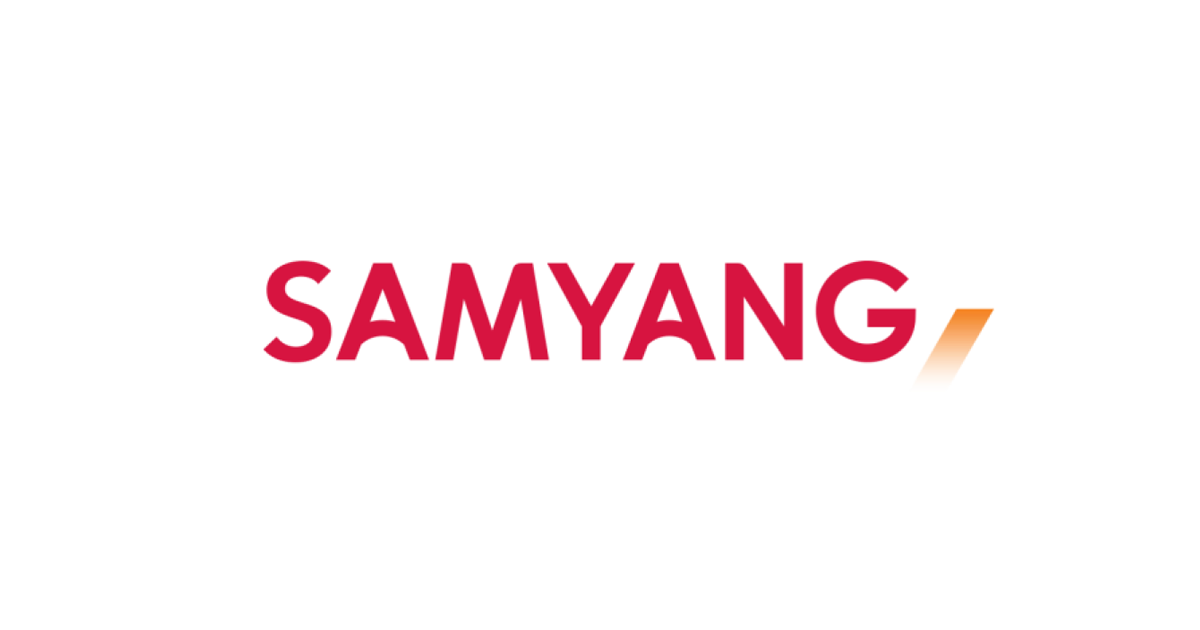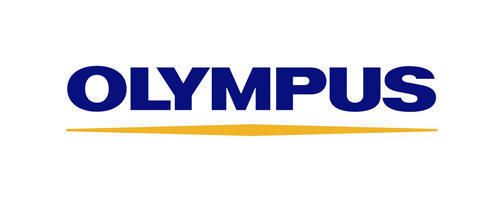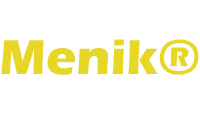Blockchain technology has revolutionized the way we think about transactions and data storage. With its decentralized and immutable nature, blockchain has the potential to transform various industries, including finance, healthcare, supply chain management, and more. One area where blockchain technology is making a significant impact is in the realm of compliance with evolving crypto regulations.
As the cryptocurrency market continues to grow and mature, governments around the world are introducing new regulations to ensure transparency, security, and accountability in the digital asset space. These regulations aim to prevent money laundering, terrorist financing, and other illicit activities while also protecting investors and consumers. However, complying with these regulations can be a challenging task for businesses operating in the crypto space, as the regulatory landscape is constantly changing and becoming more complex.
Blockchain technology offers innovative solutions to help businesses navigate this evolving regulatory environment. By leveraging blockchain technology, companies can streamline compliance processes, enhance transparency, and ensure data integrity. In this article, we will explore how blockchain innovations facilitate compliance in evolving crypto regulations.
The Role of Blockchain in Compliance
Blockchain technology provides a decentralized and tamper-proof record of transactions, making it an ideal tool for ensuring compliance with regulatory requirements. By recording all transactions on a distributed ledger that is visible to all participants, blockchain technology enables real-time monitoring and auditing of transactions, eliminating the need for manual reconciliation and data verification processes.
One of the key benefits of blockchain technology in compliance is its ability to enhance transparency. With blockchain, all transactions are recorded in a transparent and immutable manner, providing regulators with a clear and auditable trail of transactions. This transparency is essential for ensuring compliance with regulations that require companies to maintain accurate records of their transactions and report any suspicious activity to authorities.
Another important aspect of blockchain technology in compliance is the use of smart contracts. Smart contracts are self-executing contracts with the terms of the agreement directly written into code. By using smart contracts, companies can automate compliance processes, ensuring that transactions are executed according to pre-defined rules and regulations. This not only reduces the risk of human error but also improves efficiency and auditability.
Regulatory Challenges in the Crypto Space
The crypto industry is facing numerous regulatory challenges as governments around the world grapple with how to regulate digital assets. One of the main challenges is the lack of uniformity in regulations across different jurisdictions. Each country has its own set of rules and regulations regarding cryptocurrencies, creating a complex and fragmented regulatory landscape.
Another challenge is the rapid pace of technological innovation in the crypto space, which often outpaces regulatory developments. As new cryptocurrencies and blockchain-based applications emerge, regulators struggle to keep up with the evolving technology and its potential implications for financial stability, consumer protection, and national security.
Additionally, the anonymity and pseudonymity of cryptocurrencies pose challenges for regulatory compliance. Unlike traditional financial transactions, which are often linked to identifiable individuals or entities, cryptocurrency transactions are pseudonymous, making it difficult for regulators to track and monitor suspicious activities.
Blockchain Solutions for Compliance Challenges
Blockchain technology offers a range of solutions to address the compliance challenges facing the crypto industry. One of the key benefits of blockchain technology is its ability to create a transparent and tamper-proof record of transactions, which can help regulators track and monitor cryptocurrency transactions more effectively.
Furthermore, blockchain technology can enable the creation of digital identities for individuals and entities transacting in the crypto space. By linking cryptographic keys to real-world identities, blockchain technology can enhance the traceability of transactions and reduce the risk of money laundering and other illicit activities.
Another innovative use of blockchain technology for compliance is the implementation of decentralized finance (DeFi) platforms. DeFi Luna Max Pro platforms leverage blockchain technology to create decentralized financial systems that operate without intermediaries such as banks or brokers. By using smart contracts and decentralized applications (dApps), DeFi platforms can facilitate peer-to-peer transactions, lending, borrowing, and trading of digital assets in a more transparent and efficient manner.
Case Studies: Blockchain Compliance Solutions in Action
Several companies and organizations are already using blockchain technology to enhance compliance with crypto regulations. One example is Bitfury Group, a leading blockchain technology company that offers a range of solutions for governments, businesses, and organizations to implement blockchain-based compliance systems.
Bitfury’s Crystal platform, for example, enables businesses to track and monitor cryptocurrency transactions in real-time, helping them comply with anti-money laundering (AML) and know your customer (KYC) regulations. By analyzing blockchain data and using advanced analytics tools, Crystal can identify suspicious transactions and provide insights into the flow of funds across the blockchain network.
Another example is Chainalysis, a blockchain analytics company that provides tools and services to help businesses and governments investigate and combat illicit activities in the crypto space. Chainalysis’s software can analyze blockchain data to trace the origin and destination of cryptocurrency transactions, helping authorities identify and prosecute criminals involved in money laundering, terrorist financing, and other illegal activities.
Future Outlook: Integrating Blockchain Compliance Solutions
As the regulatory landscape for cryptocurrencies continues to evolve, businesses and organizations will need to adapt and implement innovative compliance solutions to meet regulatory requirements. Blockchain technology offers a unique opportunity to enhance compliance with evolving crypto regulations by providing a transparent, secure, and efficient way to track and monitor transactions.
In the future, we can expect to see more companies and governments adopting blockchain technology to streamline compliance processes and ensure regulatory compliance in the crypto space. By leveraging blockchain innovations such as smart contracts, decentralized finance platforms, and blockchain analytics tools, businesses can enhance transparency, security, and accountability in their operations.
Overall, blockchain technology has the potential to revolutionize regulatory compliance in the crypto industry, offering a range of innovative solutions to address the challenges facing businesses and regulators. By embracing blockchain technology and implementing compliance solutions that leverage its unique capabilities, companies can stay ahead of the regulatory curve and build trust with regulators, investors, and consumers in the rapidly evolving crypto landscape.



